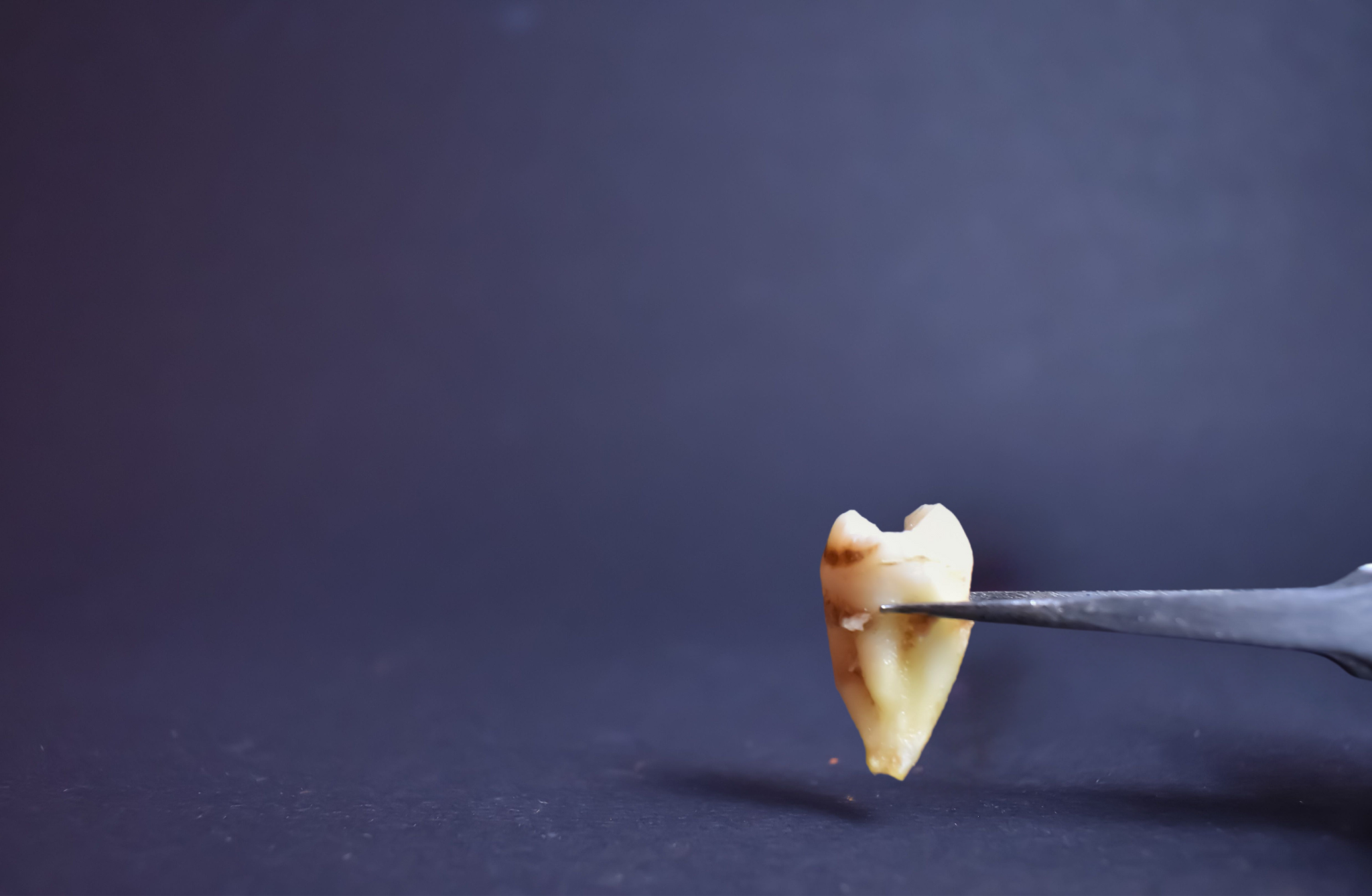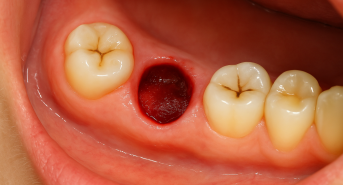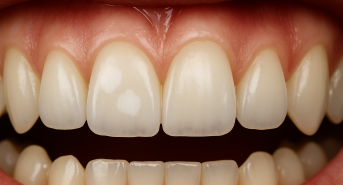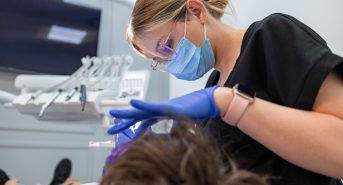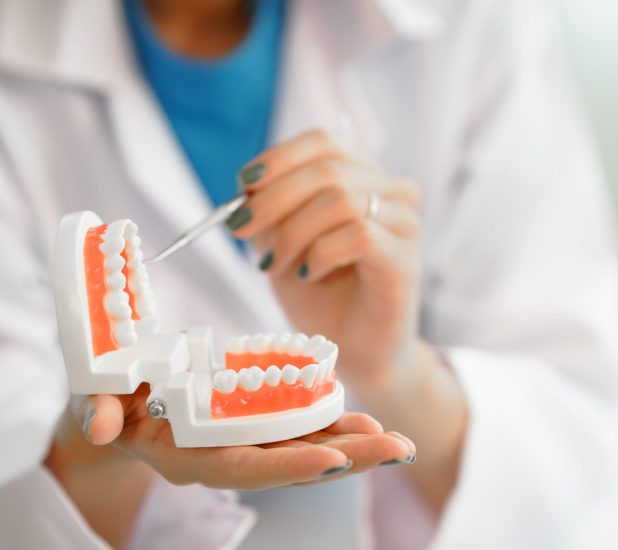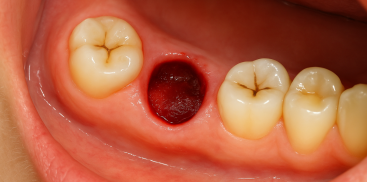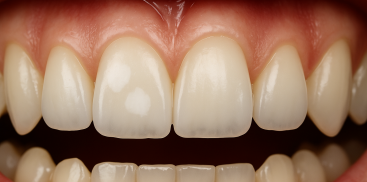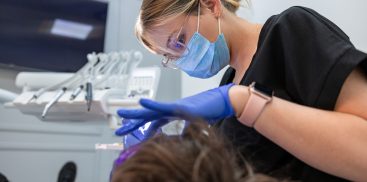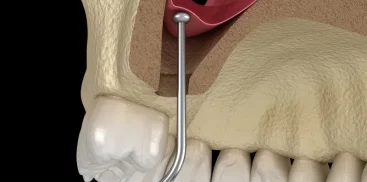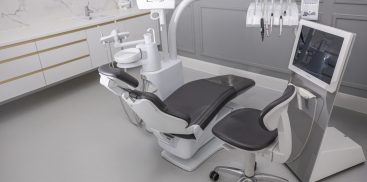A moving tooth can be a sign of a serious condition or a result of an injury. The crucial factor is timing, as a delay in intervention can result in irreversible consequences. This condition requires immediate attention and should not be trivialized. The first step should be to consult with a specialist dentist.
Causes of tooth mobility
The symptom of a loose tooth may be noticeable during chewing, biting, or tooth brushing. There are many potential causes of mobility in permanent teeth. Often, this results from mechanical trauma, dislocations, fractures, or bruxism, which is teeth grinding.
Frequently, loose teeth are a symptom of serious conditions such as advanced decay, complications associated with developing periodontal disease, or gum disease. Tooth mobility may also result from an infection caused by bacteria that destroy both the gums and the bone in which the tooth is anchored.
Tooth mobility may occur after root canal treatment or during orthodontic therapy. Often, this is a complication of such treatment. In the case of children experiencing loose primary teeth, there is no cause for concern as this is a physiological phenomenon usually associated with the eruption of permanent teeth.
What to do when a tooth begins to move?
If we notice that one of our teeth is starting to lose stability, we should consult a dentist as soon as possible. Only then is there a chance to save the moving tooth. The specialist will assess the degree of tooth mobility using appropriate diagnostic tools such as a periotest.
Four degrees of mobility are distinguished (from 0 to 3, where 0 indicates minimal mobility characteristic of some healthy teeth). A quick and accurate diagnosis is the foundation for further action. Usually, an X-ray is necessary for a more precise evaluation of the situation.
In the event that a tooth (or several teeth) begins to move after an injury or impact, it is essential to immediately seek emergency dental care or visit a dental office. In such situations, prompt action is crucial.
Thanks to a procedure called reimplantation, or repositioning the tooth in its socket, even knocked-out teeth can be saved. It is essential to store the lost tooth under proper conditions.
Dental prevention
We emphasize the importance of dental prevention in maintaining oral health, which includes consistent oral hygiene, regular check-ups with the dentist, and professional dental cleaning in the dental office. It is also important to learn the correct technique of brushing teeth, tongue, and gum massage.
Thorough tooth brushing prevents the formation of dental plaque, the development of primary and secondary caries, and reduces the risk of periodontal and soft tissue inflammations.
According to dental experts, daily oral hygiene, regular check-ups, and performed hygiene procedures play an important role in the durability of dental treatment (including implantological, surgical, prosthetic, or conservative).
Therefore, we can conclude that the primary responsibility for the long-term effects of dental treatment lies with the patients themselves.
Early diagnosis and prompt treatment, regardless of the type of condition, are also crucial, significantly affecting the treatment prognosis.
